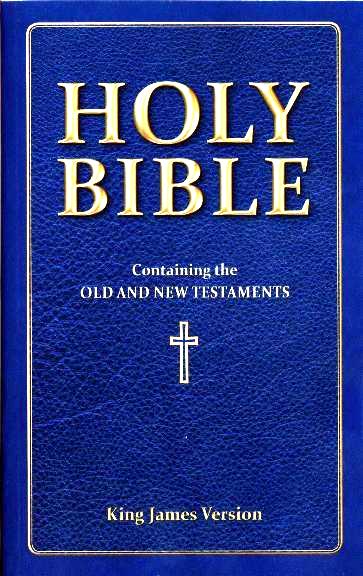





































 There are two basic types of criticism:
There are two basic types of criticism:| Name of Hebrew Book | Corresponding Names of Protestant Old Testament Books |
| 1 Book = Samuel | 2 Books = 1 Samuel and 2 Samuel |
| 1 Book = Kings | 2 Books = 1 Kings and 2 Kings |
| 1 Book = Chronicles | 2 Books = 1 Chronicles and 2 Chronicles |
| 1 Book = Ezra | 2 Books = Ezra and Nehemiah |
| 1 Book = Minor Prophets | 12 Books = Hosea, Joel, Amos, Obadiah, Jonah, Micah, Nahum, Habakkuk, Zephaniah, Haggai, Zechariah, Malachi |
| 19 Other Books | 19 Other Books |
| 24 = Total of All Books | 39 = Total of All Books |

